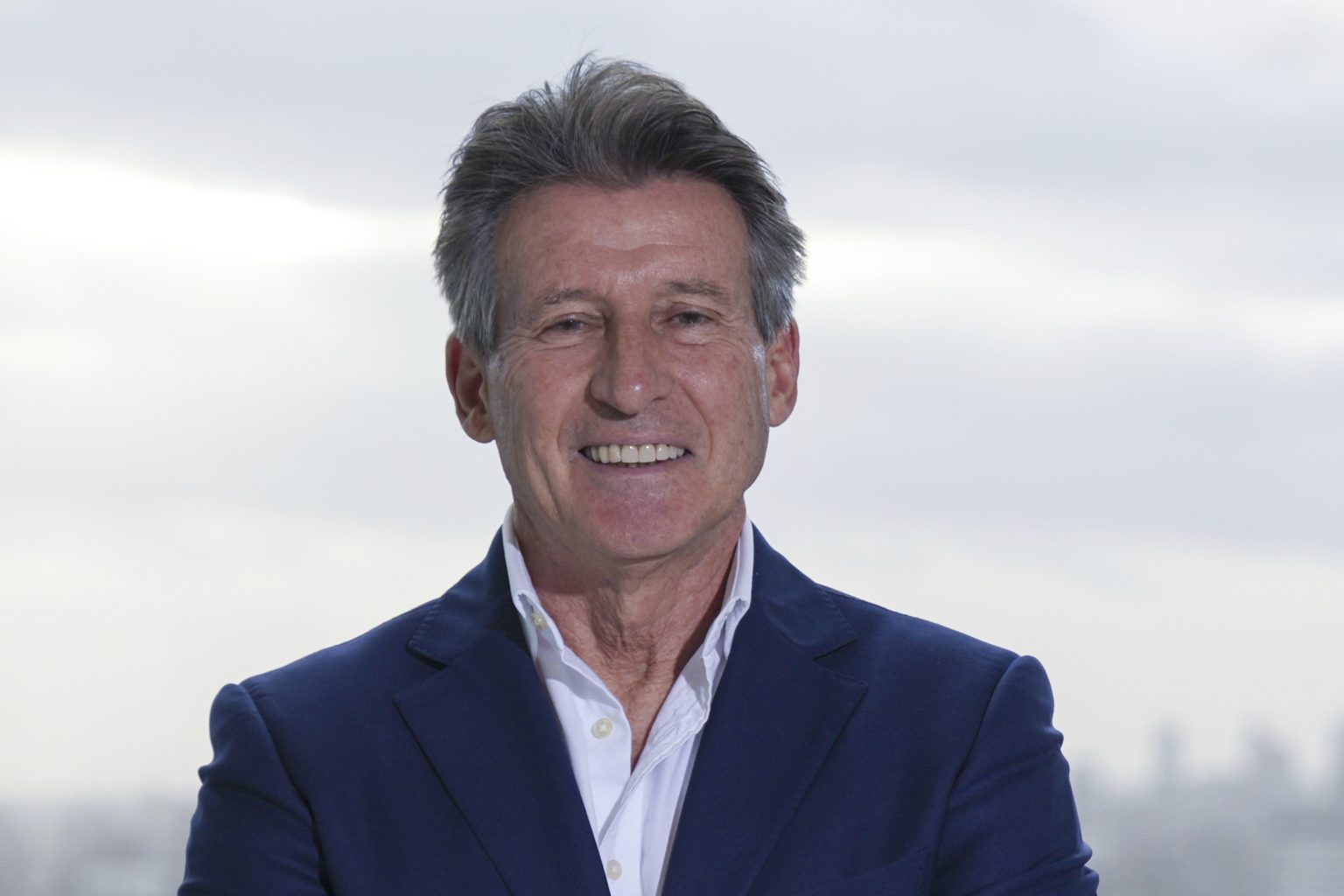Lord Sebastian Coe, a prominent figure in the world of athletics and a candidate for the presidency of the International Olympic Committee (IOC), has sparked significant debate with his proposal to implement a “science-based” policy that could potentially lead to a complete ban on transgender women competing in women’s events at the Olympics. This stance, detailed in his manifesto, aims to “safeguard the female category,” a concept that has become a focal point in the ongoing discourse surrounding inclusivity and fairness in sports. Coe’s potential election in March 2024 carries considerable weight, as his position could drastically influence the future landscape of transgender participation in sports globally. The core issue revolves around balancing the principles of inclusion and fair competition, with proponents of a ban arguing for the preservation of women’s sports and opponents highlighting the potential for increased discrimination against transgender individuals.
Coe’s proposed policy would entail collaboration with “athletes, sport scientists, the national Olympic committees, and the international federations” to establish clear guidelines. His perspective is informed by his experience as the head of World Athletics, an organization that implemented restrictions on the participation of transgender women in elite competitions last year. This approach mirrors similar policies adopted by other international sporting bodies, such as swimming, indicating a growing trend towards stricter regulations on transgender athletes’ participation in women’s sports. Coe’s vision for the Olympics appears aligned with these existing restrictions, suggesting a potential blanket ban on transgender women competing in women’s events if he is elected IOC president. This stance, while presented as a measure to protect women’s sports, has generated considerable controversy and sparked passionate responses from various stakeholders.
The debate surrounding transgender athletes’ participation in women’s sports is far from new, and recent events have further fueled the discussion. The 2024 Paris Olympics witnessed controversy surrounding the participation of Imane Khelif, an Algerian boxer whose gender identity became a subject of public debate. The incident, along with other high-profile cases, has amplified the existing tension between advocating for inclusion and ensuring fair competition. This controversy has underscored the complex challenges facing sporting bodies as they grapple with balancing these competing principles. Coe’s proposal, while aimed at providing clarity and consistency, has also intensified the debate and highlighted the deeply divided opinions on this issue.
Reactions to Coe’s proposed policy have been varied and often strongly held. Supporters, such as former Olympic swimmer Sharron Davies, have praised the move as a necessary step to protect the integrity of women’s sports, emphasizing the importance of basing policies on scientific evidence rather than subjective feelings. Davies has been a vocal advocate for prioritizing safety and fairness in sports, arguing that inclusion should be considered only after these factors have been addressed. Conversely, critics of the ban, including trans athlete Chris Mosier, argue that such restrictions are rooted in transphobia, misogyny, and sexism, representing a broader societal issue rather than a solely sports-related concern. Mosier views these policies as an attempt to exclude transgender individuals from participating in sports, particularly women’s sports.
The scientific community also offers diverse perspectives on the issue. Joanna Harper, a researcher specializing in transgender athletes’ performance, expressed disappointment with the World Athletics ban, questioning the necessity of excluding transgender women to protect the female category. This highlights the ongoing scientific debate surrounding the impact of transgender women’s participation on women’s sports. The lack of consensus within the scientific community further complicates the decision-making process for sporting bodies, requiring careful consideration of various research findings and interpretations. The ongoing debate underscores the need for further research and a nuanced approach to policy development.
The implications of Coe’s potential election and the implementation of his proposed policy are significant. The 2028 Los Angeles Olympics could witness substantial changes in eligibility criteria for women’s events, potentially excluding transgender women entirely. This decision could have far-reaching consequences, influencing policies in other sporting organizations and impacting the lives of transgender athletes globally. The debate will undoubtedly continue, with passionate advocates on both sides arguing for their respective perspectives. The future of transgender participation in sports remains uncertain, with the outcome of the IOC presidential election holding substantial sway over the direction of policy and the experiences of transgender athletes. The conversation surrounding inclusion, fairness, and the role of science in sports is likely to remain a focal point for years to come.

